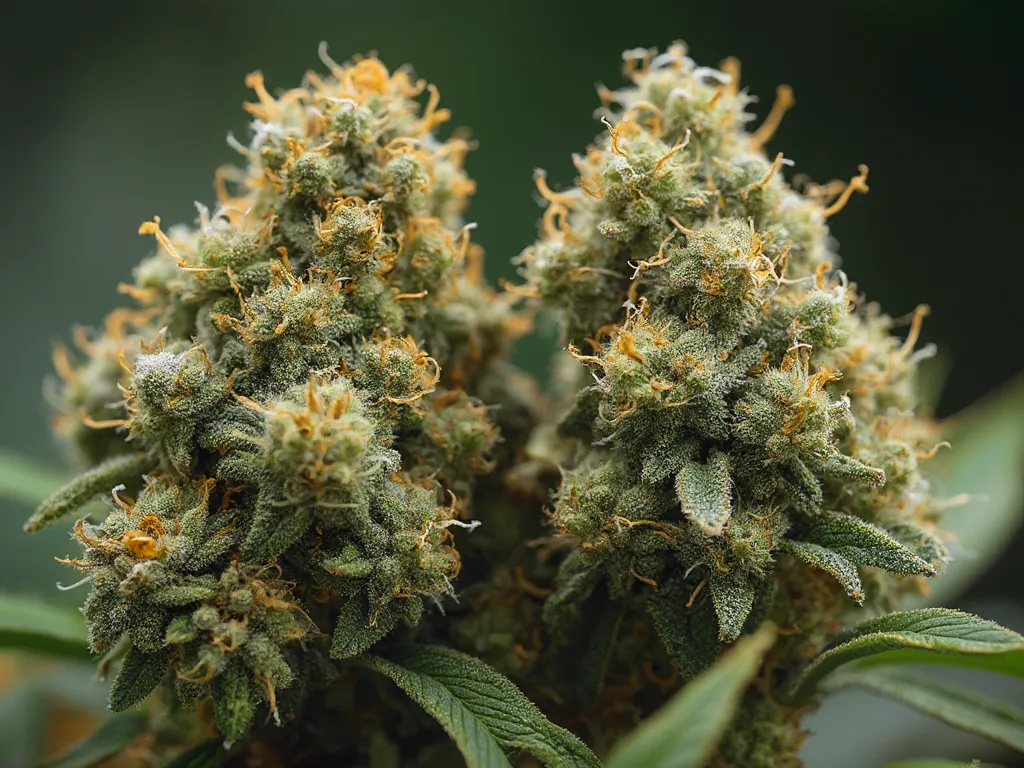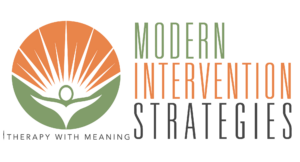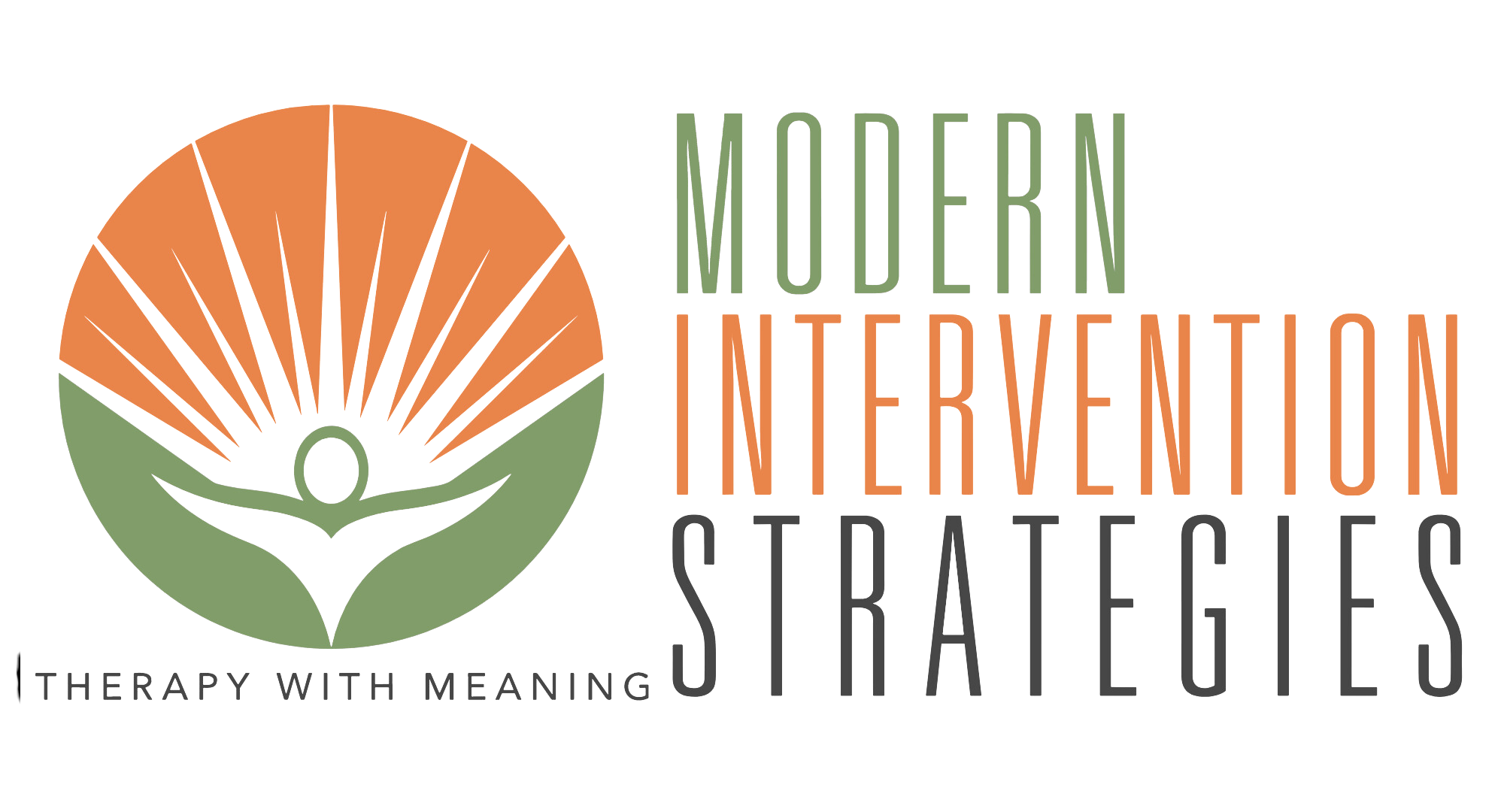What You Need to Know About THC and CBD
Many people today turn to cannabis as a potential remedy for anxiety, with THC (tetrahydrocannabinol) and CBD (cannabidiol) being the two main compounds thought to influence anxiety levels. While some find short-term relief, high-THC strains, in particular, are known to trigger anxiety or even paranoia, making it crucial to understand both the benefits and potential risks involved.
Can Cannabis Really Help with Anxiety?
It’s easy to see why cannabis seems like a natural choice for anxiety relief. Many users report a calming, relaxing effect, especially when they first begin using it. Strains high in CBD and low in THC are often associated with feelings of calm without the “high” that THC produces, making them popular among those seeking relief from anxiety or stress. However, studies indicate that while CBD might help ease anxiety symptoms, THC—the psychoactive compound—can sometimes produce the opposite effect, particularly at high doses.

A young woman named Veronica Sowinski, for example, began using cannabis after a period of severe anxiety following a major life event. Initially, her use was limited to occasional evenings, finding it helpful for relaxation. However, as she began using it more frequently, it became clear that the calming effects were temporary and that over time, cannabis became a central part of her daily routine.
How THC Can Lead to Increased Anxiety
While low doses of THC may produce mild relaxation, higher levels of THC can overstimulate certain receptors in the brain, leading to an “anxious high” or even panic attacks. This paradoxical effect is often described as “weed paranoia,” where users experience overwhelming anxiety or a sense of dread after consuming cannabis. High-THC strains are especially notorious for triggering this response, particularly in individuals with an existing anxiety disorder.
In Veronica’s case, her use of cannabis quickly escalated. She found herself relying on it not only for unwinding in the evening but to get through her day. Whether doing household chores, socializing, or even taking her dog for a walk, cannabis became a fixture in her life. Eventually, she reached a point where starting her day without it felt impossible, marking the beginning of a dependency cycle.

The Link Between High THC Levels and Paranoia
Paranoia from weed is a common complaint among regular users, especially with today’s high-THC strains. Unlike cannabis from decades past, which typically contained lower THC levels, modern strains can have THC concentrations of 15-30% or even higher. This high potency can overstimulate the amygdala, the part of the brain associated with fear responses, leading to symptoms of paranoia and anxiety.
For those experiencing weed paranoia, the effects can be alarming. Individuals may feel they’re being watched, misinterpret social cues, or experience racing thoughts and increased heart rates. According to experts, this paranoia can be more intense for people predisposed to anxiety disorders, as their sensitivity to THC is often higher. Veronica’s experience reflects this pattern—what began as a tool for managing anxiety gradually contributed to heightened anxiety and dependence.
Long-Term Effects of Cannabis on Mental Health
The relationship between cannabis and mental health is complex. Regular use of cannabis, especially high-THC varieties, can lead to tolerance, where users require more to feel the same effects. As tolerance builds, so does the risk of dependency and withdrawal, which can include symptoms like irritability, restlessness, and increased anxiety.
Studies show that long-term, heavy use of cannabis may actually worsen anxiety symptoms. One analysis published in a leading medical journal indicated that long-term cannabis users are more likely to experience anxiety disorders compared to non-users. These findings suggest that while cannabis may offer a temporary escape, over time, it could lead to more severe symptoms of anxiety or depression. For people like Veronica, breaking this cycle was challenging, as she found that her mental and physical health had suffered from prolonged use.
Finding Healthier Alternatives: Veronica’s Journey to Sobriety
After a period of escalating dependency, Veronica made the difficult decision to quit cannabis. She struggled with the physical and mental withdrawal effects but committed herself to a healthier, sober lifestyle. Today, she shares a message of encouragement with others: take a step back, become self-aware, and consider the impact cannabis may be having on mental health.
Veronica’s story underscores the importance of mindful use and recognizing when cannabis may be exacerbating anxiety rather than relieving it. For those seeking relief, alternatives like mindfulness, cognitive-behavioral therapy (CBT), and exercise can offer natural ways to manage anxiety without the potential side effects associated with THC.
Conclusion: Is Cannabis Right for Managing Anxiety?
Cannabis can provide short-term relief for some individuals, particularly with high-CBD, low-THC strains. However, for people with anxiety disorders or sensitivity to THC, it’s essential to proceed with caution. Knowing how cannabis affects your mental state and understanding the potential risks can make a significant difference in managing anxiety in a safe, healthy way.





